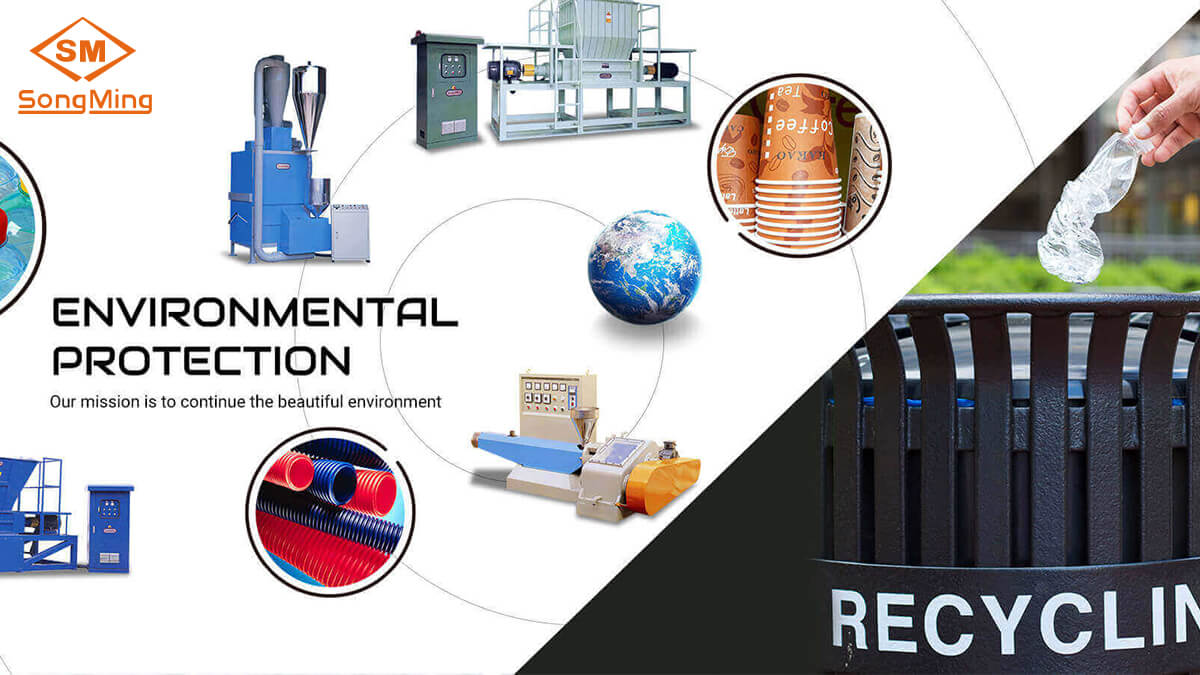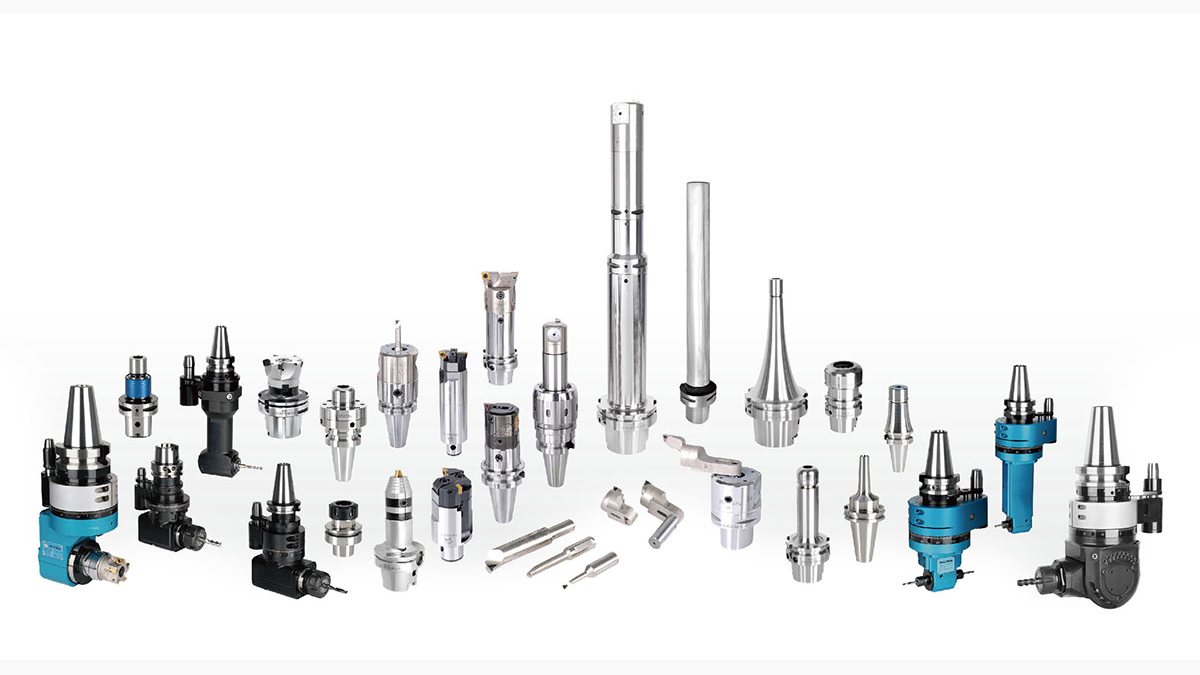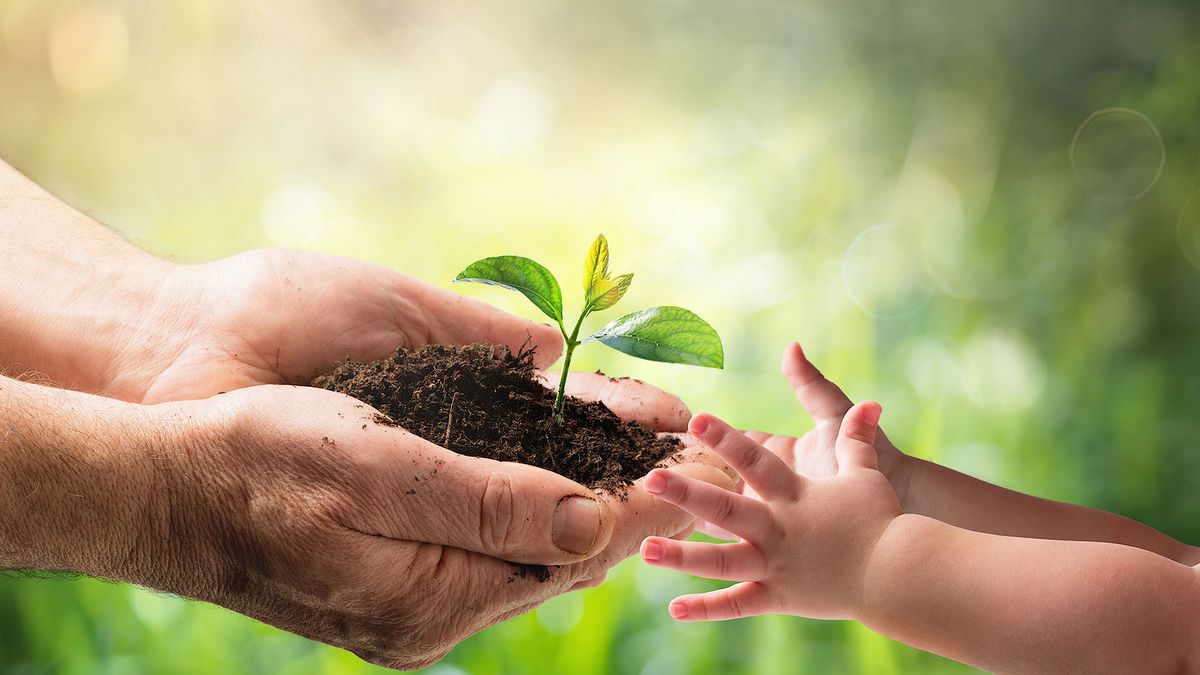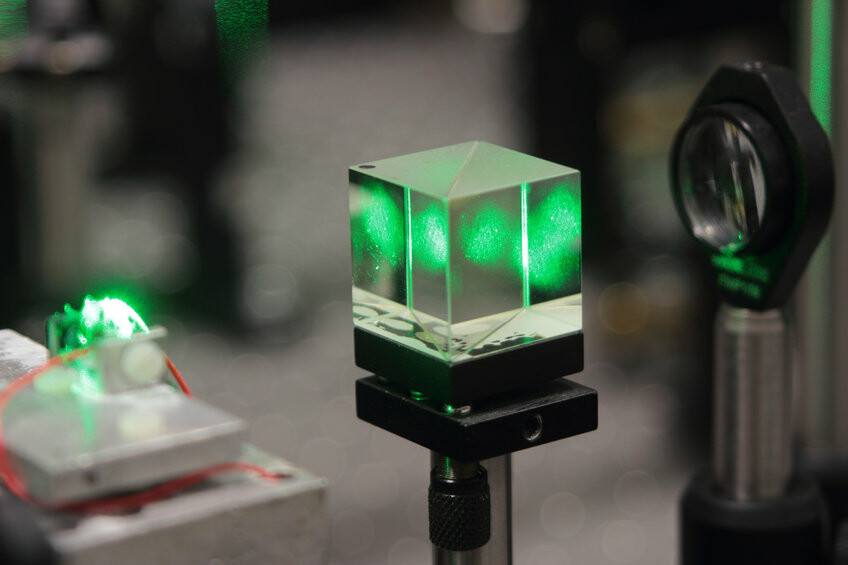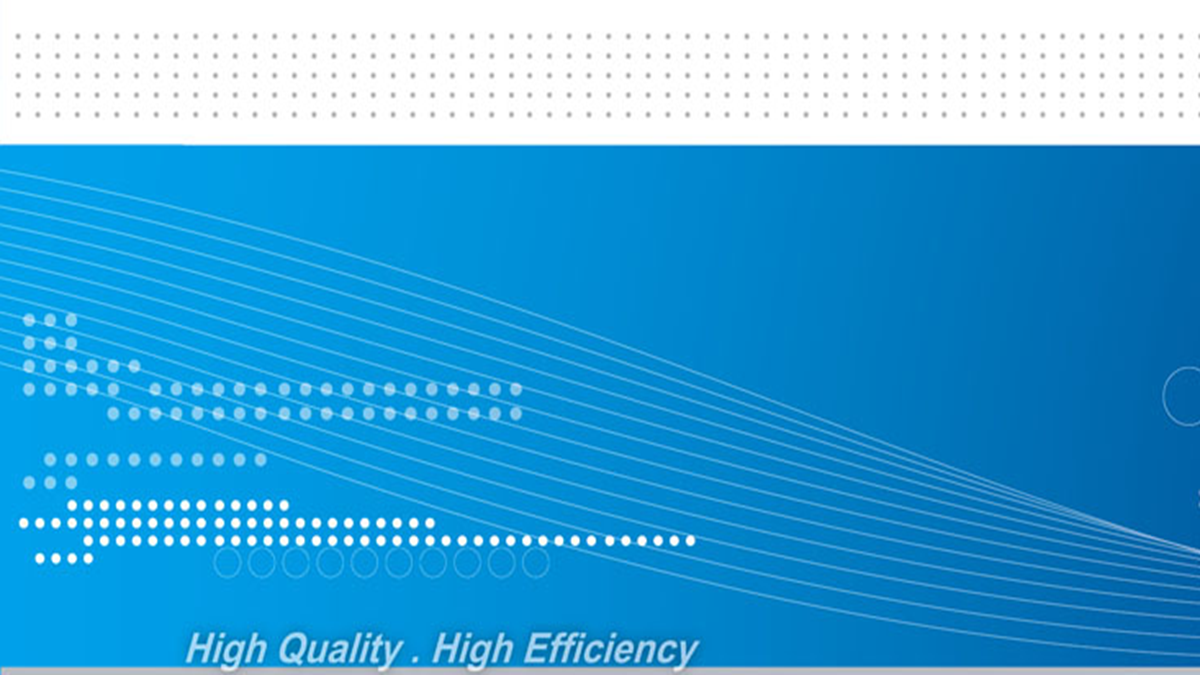Plastics waste is hurting the chemical industry as well as the environment. By taking the lead on recycling, chemical players could add a new dimension to the industry and help solve the problem.
Plastic Waste Crisis
It’s not news that the plastics-waste issue is becoming a crisis and that, in the eyes of the public, the chemical producers that make all those plastics are deeply implicated. The public’s concern is already translating into new regulations on plastics in the European Union and elsewhere, and major customers, such as the consumer-packaged-goods (CPG) industry, are ramping up efforts to increase recycled content and reduce their plastics consumption. What is news, however, is that chemical-industry leadership has started to declare that its concept of stewardship and sustainability now extends to dealing with plastics waste. It is also increasingly acknowledging that the “use once and discard” model, which the plastics industry has grown up with, should be replaced by a new model where plastics are recycled as much as possible.
Don’t waste all that good plastics waste
Plastics waste washing up on pristine shorelines, from Antarctica to the Arctic, and vast floating islands of plastics waste in the Pacific Ocean have received much media coverage and contributed to the shift in consumer sentiment. Our colleagues have suggested ways that government and industry can stop the flow of waste into the oceans and this tragic environmental degradation. In this article, we focus on the plastics-waste question from a recycling-potential perspective.
From this perspective, marine plastics pollution may be best understood as the highly visible tip of the iceberg. The majority of used plastics go to landfills and incineration, where materials are lost forever as a resource. Our research shows that currently only 16 percent of plastics waste is reprocessed to make new plastics; the “leakage” into oceans is primarily due to lapses in landfill management or a complete lack of waste-disposal systems.
Plastic Recycling Demand
Meeting technology needs in recycling
There are three principal approaches to the reuse of plastics: mechanical recycling, chemical recycling, and processing the plastics waste back to basic feedstock. Mechanical recycling takes used plastic and physically processes it back to resin pellets, leaving the polymer chain intact. Recycling of polyethylene terephthalate (PET) and high-density polyethylene has been established as a viable business, but there is room for further process optimization. A key challenge is finding how to preserve the performance quality of resins through recycling steps and avert the deterioration that currently occurs.
Chemical recycling, also referred to as monomer recycling, puts used plastics through a chemical process that breaks them back down to their monomers. Such an approach is only feasible for condensation-type polymers that can be re-monomerized, such as polyesters (notably PET) and polyamides, but this still represents substantial volumes, and there remains considerable scope for process improvements.
Processing back to feedstock requires breaking polymer chains down to hydrocarbon fractions through catalytic or thermal processing. A number of technologies are under development. Among these, pyrolysis may offer the biggest potential, because it should be able to process a wide range of low-quality mixed-plastics-waste streams.
Song Ming Plastic Recycling Machine Solutions
Song Ming Machinery Industries Co., Ltd. is a professional manufacture of plastic recycling machines and plants, and it has been in the plastic recycling field for almost two decades. Song Ming is not only reputable for its pelletizing extruders, but it also has the best credentials in the plastic recycling peripherals such as granulators, mixers, ribbon blenders, and knife grinders.
Waste Plastic Recycling Plant: Double De-gasing Model
Plastic is the kind of industrial material, can be used extensively application in the world. Song Ming, apart from the argument of sustainability, given the oil price as a raw material for plastics, the reduced need for the energy required to produce recycled plastics, we offer many quality waste plastic recycling plants and machinery for needs, such as this double de-gasing model waste plastic recycling machine.
Song Ming has the knowledge and experience to provide the technology for industry field friends to install a cost-effective and reliable installation to produce high-grade recyclables for excellent products further down the production chain. Welcome to contact Song Ming for any info now.


